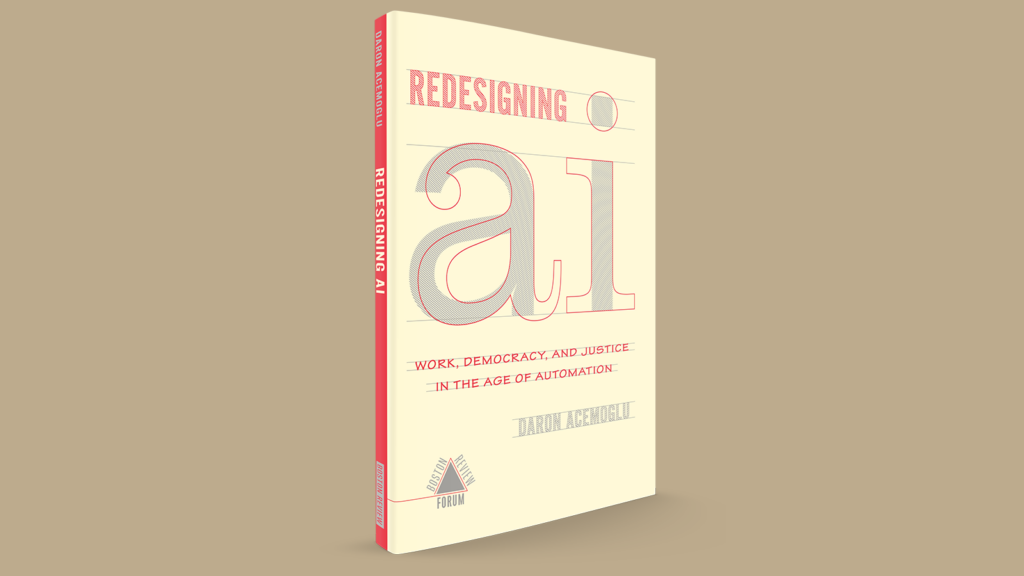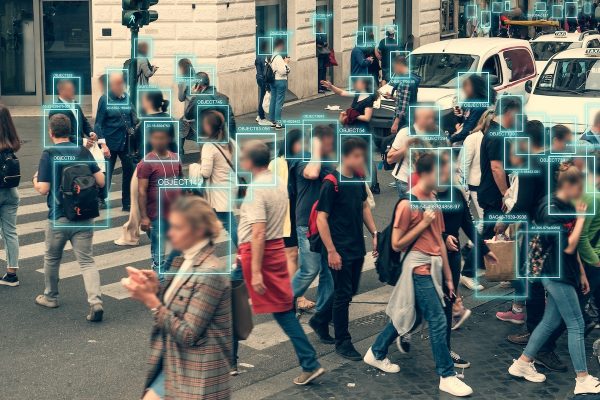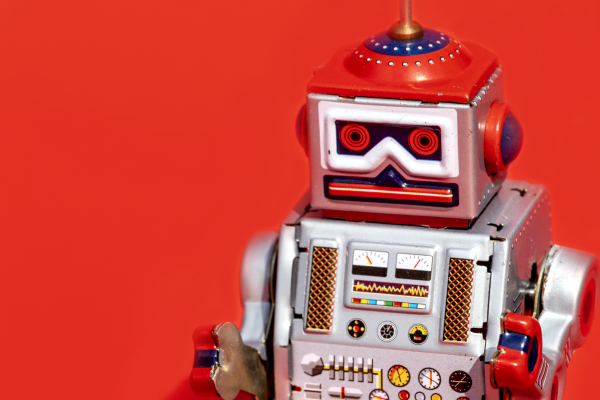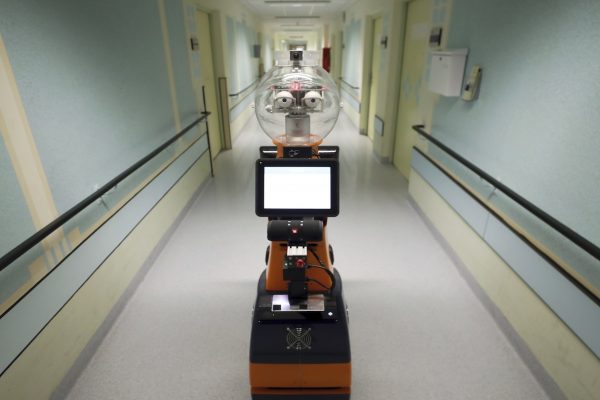Redesigning AI
Artificial intelligence will not create superintelligence anytime soon. But it is already making huge advances—revolutionizing medicine and transport, transforming jobs and markets, and reshaping the fabric of social life. At the same time, the promises of AI have been increasingly overshadowed by its perils, from automation and disinformation to powerful new forms of bias and surveillance. Reckoning with these threats to work, democracy, and justice, Redesigning AI asks what can be done to redirect AI for the good of everyone.
Leading off a forum, economist and best-selling author Daron Acemoglu argues that though the challenges are dire, the future is not inevitable. Just as technological development promoted broadly shared gains in the three decades following World War II, so AI can create inclusive prosperity and bolster democratic freedoms. Setting it to that task won’t be easy, but it can be achieved through government policy and regulation, the redirection of industry norms, and robust democratic oversight.
Respondents debate the precise role new technology plays in economic inequality, the wide range of algorithmic harms facing workers and citizens, and other concrete steps that can be taken to ensure a just future for AI. Other contributors explore the impact of new technology in domains from medicine to carework, the nature of skills training in a rapidly changing economy, and the ethical case for not building certain forms of AI in the first place. Together they sketch an urgent vision for redirecting the course of technological change for good.
Editors’ Note
Forum: AI’s Future Doesn’t Have to Be Dystopian
Essays
Justice demands that we think not just about profit or performance, but above all about purpose.
Rumors of thinking robots are greatly exaggerated. Still, we cannot leave decisions about even lesser AI in the hands of those who stand to profit from its use.
The pandemic increased demand and possibilities for automating care, but doing so may deliver racist stereotypes and unemployment for women of color.





